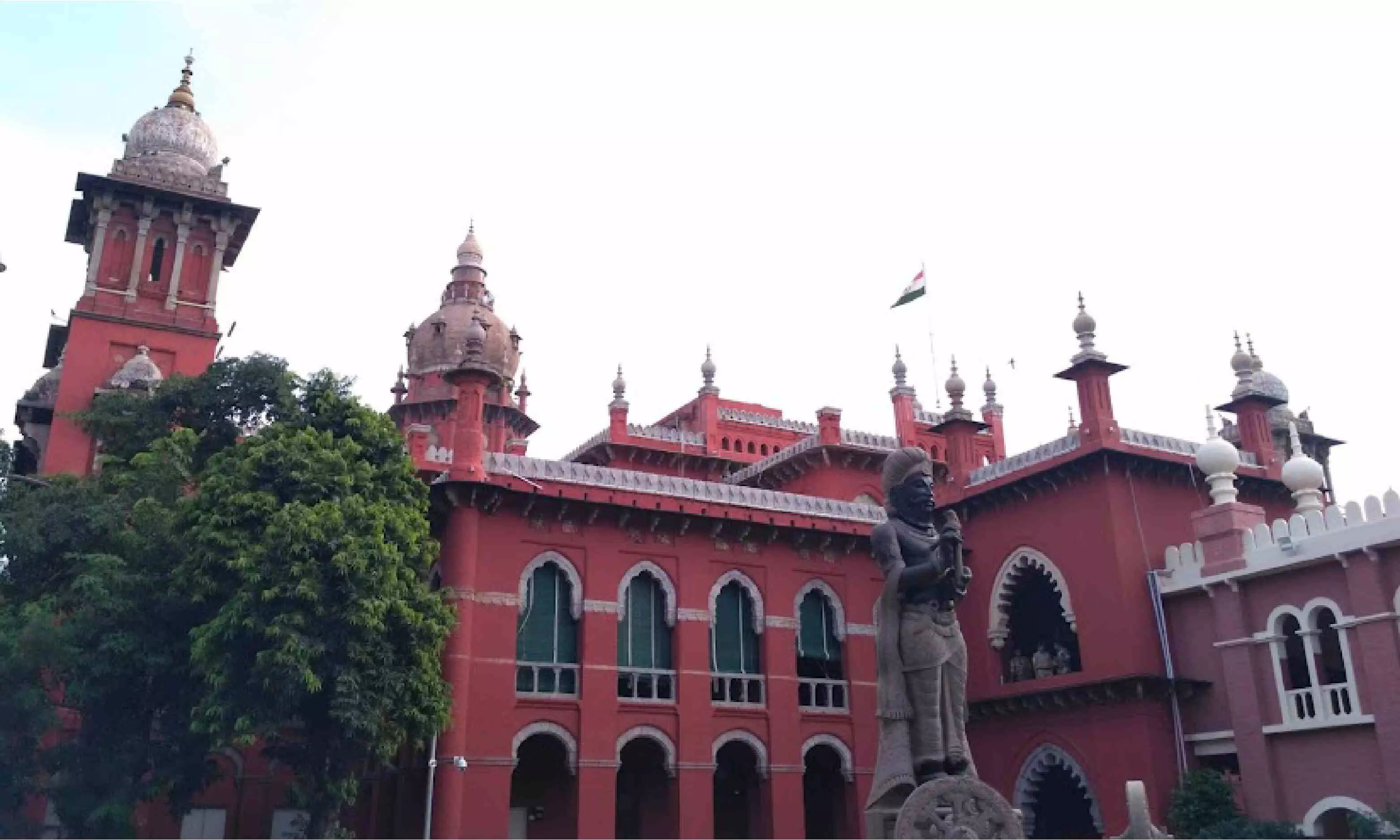
Initiation Of Domestic Violence/Maintenance Case By Wife Only To Protect Her Rights Cannot Be Treated As 'Cruelty' Against Husband : Madras HC
 |
|The Madras High Court observed that the initiation of Domestic Violence/Maintenance case by a wife only to protect her rights cannot be considered as 'cruelty' against husband for the purpose of divorce.
The court, while dismissing a divorce petition filed by a husband, also added that the temperamental differences between the spouses could be resolved over time and should not be used as grounds for divorce.
A Single Judge Bench of Justice P. Vadamalai observed that “The Courts below correctly held that Ex.P.5 proved the assault on the respondent before the filing of police complaint and so, she filed the complaint to protect her life. There is nothing wrong in it. Further, as held by this Court in its judgment relied on by the respondent side, the initiation of D.V. case and M.C case only to protect her rights and it should not be held as cruelty. The petitioner has not established that the filing of such proceedings amounts to cruelty”.
Advocate S. Muthukumar appeared for the Appellant, whereas Advocate B. Arun appeared for the Respondent.
As per the brief facts of the case, when the marriage of the petitioner and the respondent was solemnized, 17 sovereign gold jewels and seer articles were given. After ten days of marriage, the respondent insisted the petitioner for separate life and ignored cohabitation and consummation. The respondent demanded money from the petitioner and used to make frequent quarrels if not paid, and disrespected the parents of the petitioner with untold words in the public place. Moreover, the respondent filed complaint before the All Women Police Station against the petitioner and his family members alleging demand of dowry and harassment. Hence the petitioner was forced to file a petition for divorce. The respondent refuted all allegations and rather contended of illicit intimacy of petitioner with another girl. On opposing such act, the petitioner and his parents attacked respondent and attempted to kill her. Fortunately, the respondent escaped and gave a police complaint. The Trial Court dismissed the divorce petition but allowed the petition filed by the respondent for restitution of conjugal rights.
After considering the submission, the Bench found that the marriage between the petitioner and the respondent was solemnized in 2015 and the petitioner has filed the petition for divorce in 2016 within completion of one year from the date of marriage.
If so, the petition for divorce filed by the petitioner/husband is hit by Section 14 of the Hindu Marriage Act, added the Bench.
The Bench elaborated that marriage is the union of a man and woman that imposes certain marital duties and confers certain legal rights on each of them, and nowadays the couples start thinking of getting divorce whenever there is disagreement between them.
“Though the petitioner alleges against the respondent that she insulted and disrespected him and his family members, he has not established the same by examining any of his family members, as rightly pointed out by the Trial Court”, added the Bench.
Even though the petitioner mainly argued that the respondent filed the criminal complaint against the petitioner and his family alleging dowry harassment, which amounts to cruelty made over the petitioner, the Bench found that the respondent explained for filing of criminal complaint that she was assaulted with wooden log by the petitioner and his family members, which fact was established through Medical Register extract.
Finding that separate living of the parties is only because of the petition for divorce by the petitioner (husband) which was straight away filed without any efforts for joint living, the Court observed that the respondent (wife) has proved her stand that she has taken sincere efforts for reunion and therefore, she is entitled to relief of conjugal rights.
Accordingly, the High Court concluded that the case of the appellant is not proved by him as correctly decided by the Trial Court and confirmed by the First Appellate Court, and therefore, dismissed the appeals.
Cause Title: Ashok v. S. Usha Bhuvanaswari
Click here to read/ download the Judgment